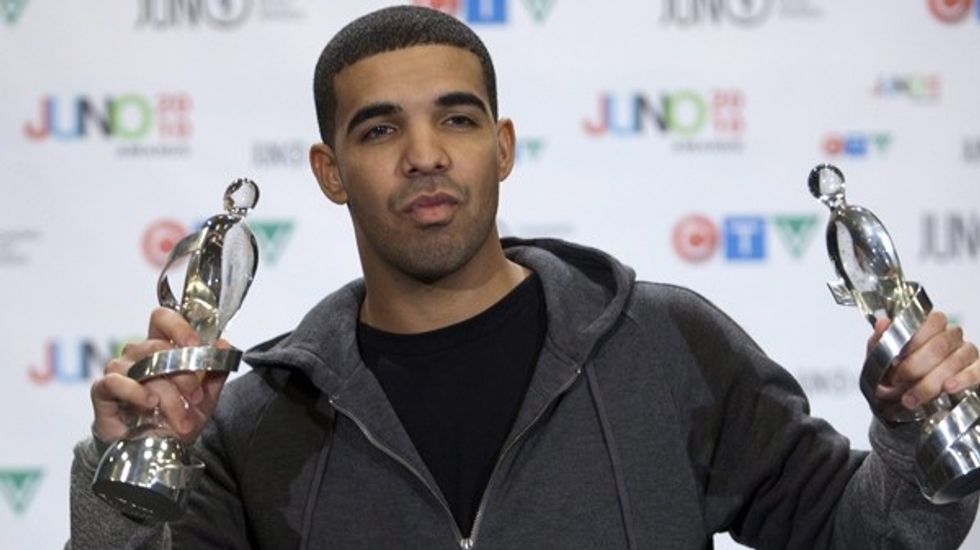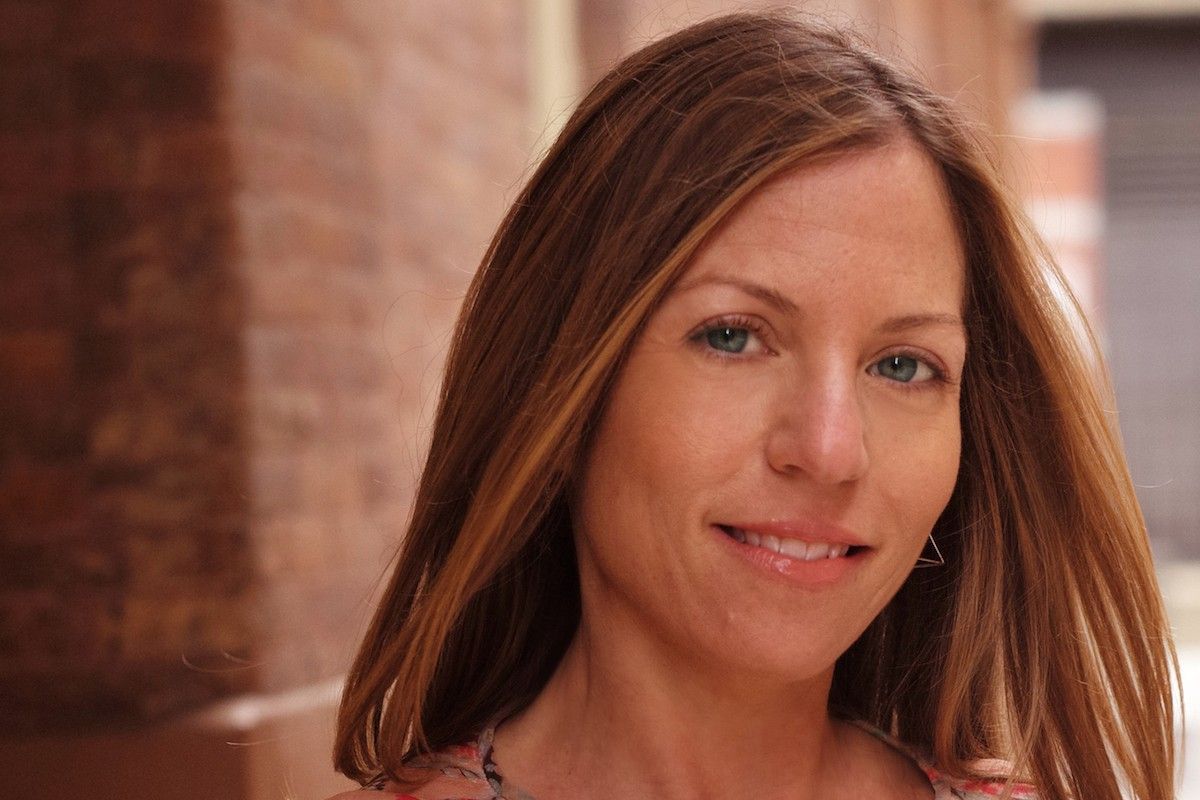Black Music's Disquiet Over Juno Recognition
In a time when Daniel Caesar and Drake run streaming, will the Junos properly recognize the Black artists drawing attention to Canada's music scene?

By External Source
Since 1970, the Juno Awards have been an annual ceremony that recognizes the artistic and technical achievements of Canada’s music industry—however, Black music categories, as well as genres made by marginalized communities in general, are rarely, if ever, televised. Little change appeared in sight for more than a decade until 2011 when Drake, who was nominated in six separate categories that year, was asked to host the Juno Awards. He would not only be the first rapper to ever be asked to host the award show, but also the first Black host in its 41-year history. But what should’ve been a trophy sweep resulted in Drake snubbed in every single category for his debut Thank Me Later. "He had one of the biggest years ever in rap history as far as being a Canadian, they have him hosting the entire thing…. and to me, it's disrespect, what they did. Absolute disrespect,” Kardinal Offishall would later tell the Toronto Star.
Since then, Drake has not attended the national award ceremony. And though he’s been nominated and won several awards since, some of his biggest achievements have failed to be recognized. More recently, Jazz Cartier’s 2017 speech following his win for ‘Rap Recording of the Year’, addressed the awarding committees directly and in a since-deleted Instagram post saying, “…also @thejunoawards while you guys enjoy all the hip-hop in the world at your after parties, next year you gotta have this category filmed on television.”
















